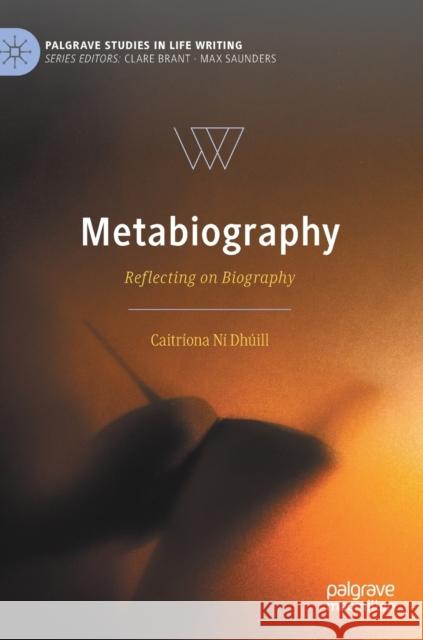Metabiography: Reflecting on Biography » książka
topmenu
Metabiography: Reflecting on Biography
ISBN-13: 9783030346621 / Angielski / Twarda / 2020 / 235 str.
Metabiography: Reflecting on Biography
ISBN-13: 9783030346621 / Angielski / Twarda / 2020 / 235 str.
cena 342,14
(netto: 325,85 VAT: 5%)
Najniższa cena z 30 dni: 327,68
(netto: 325,85 VAT: 5%)
Najniższa cena z 30 dni: 327,68
Termin realizacji zamówienia:
ok. 16-18 dni roboczych.
ok. 16-18 dni roboczych.
Darmowa dostawa!
Kategorie:
Kategorie BISAC:
Wydawca:
Palgrave MacMillan
Seria wydawnicza:
Język:
Angielski
ISBN-13:
9783030346621
Rok wydania:
2020
Wydanie:
2020
Numer serii:
000806785
Ilość stron:
235
Waga:
0.45 kg
Wymiary:
21.01 x 14.81 x 1.6
Oprawa:
Twarda
Wolumenów:
01
Dodatkowe informacje:
Bibliografia
Wydanie ilustrowane
Wydanie ilustrowane











